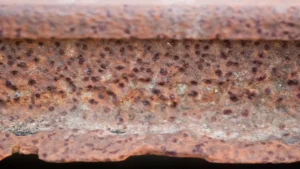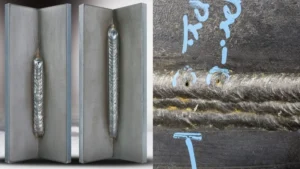
Mechanical Integrity addresses the life cycle management and inspection of critical equipment to ensure the safe and reliable operation of energy and industrial infrastructure. The focus is on mitigating catastrophic failure risks through corrosion control, reliability monitoring, and the application of international codes and standards.
This field is vital for maintaining operational continuity and protecting lives. We analyze asset management strategies and non-destructive testing (NDT) techniques applied in the US, Latin America, and Europe. Specialized knowledge in mechanical integrity turns risk into predictability.
MAIN TOPICS
- Assets
- Codes and Standards
- Reliability
- Corrosion and Materials
- Engineering
- Equipment Inspection
- Non-Destructive Testing (NDT)
- Applied Case Studies
Mechanical integrity is the determining factor between operational continuity and an unexpected shutdown. Inspenet dedicates this space to providing technical knowledge that extends the useful life of assets and minimizes risk. Professionals will find technical articles and applicable knowledge on equipment inspection and reliability.

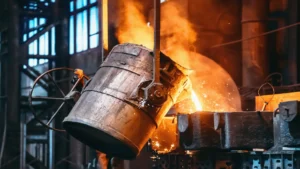
Application of Non-Destructive Testing in the foundry industry
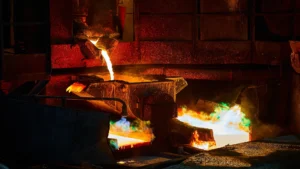
Importance of melting point in the life cycle of metals
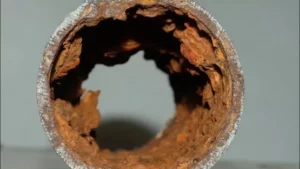
Microbiologically Influenced Corrosion (MIC): Common pitfalls
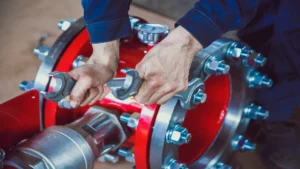
Key procedures for flange adjustment according to ASME PCC-1
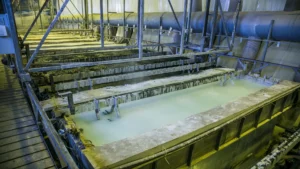
Zinc plating vs. Galvanized: which protects better against corrosion?
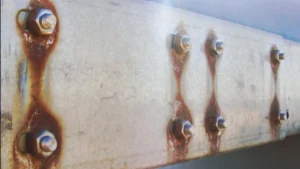
Understanding and preventing galvanic corrosion
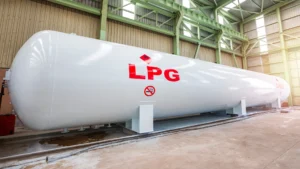
Quality assurance strategies for pressure vessel manufacturing
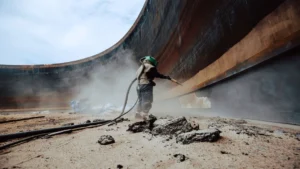
Advanced techniques in metal surface preparation
